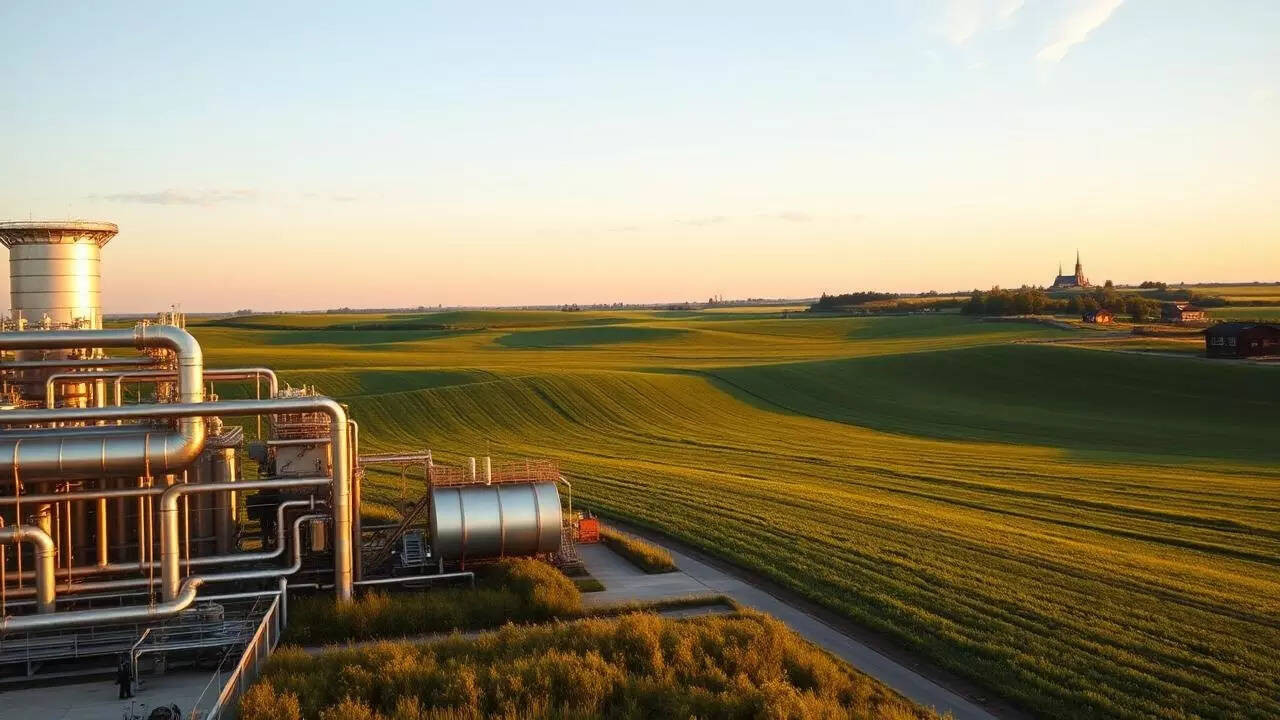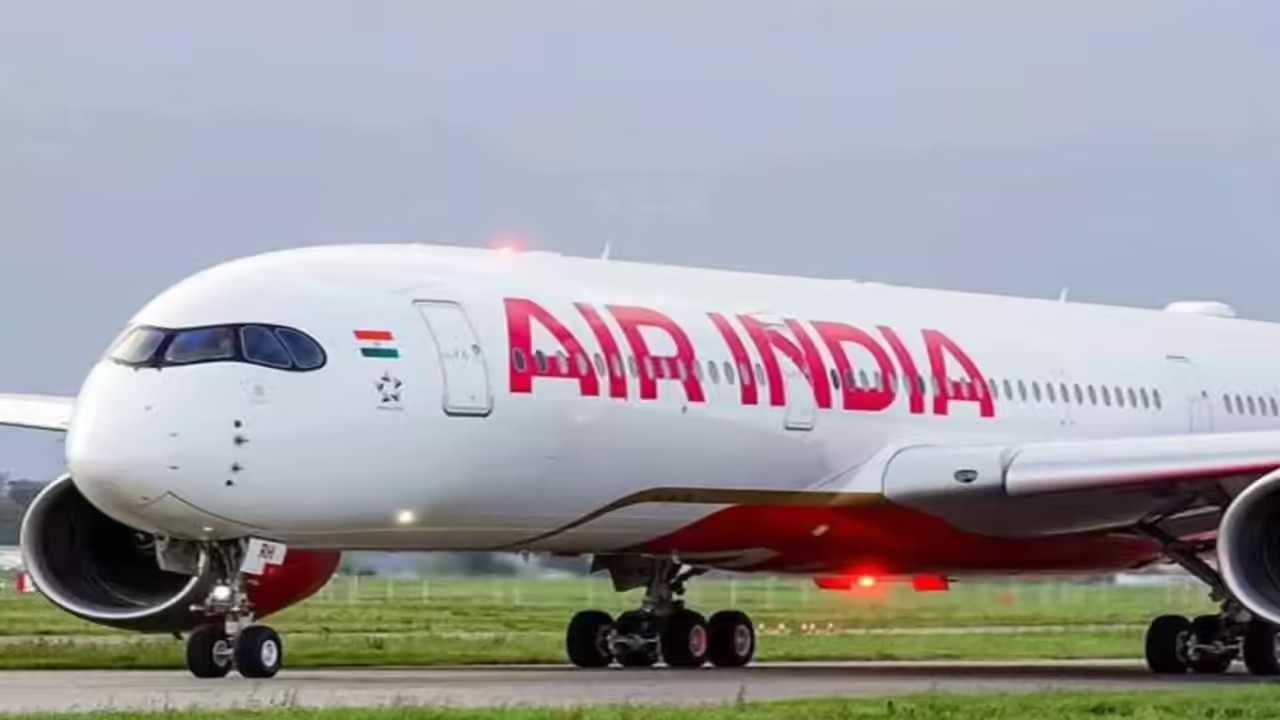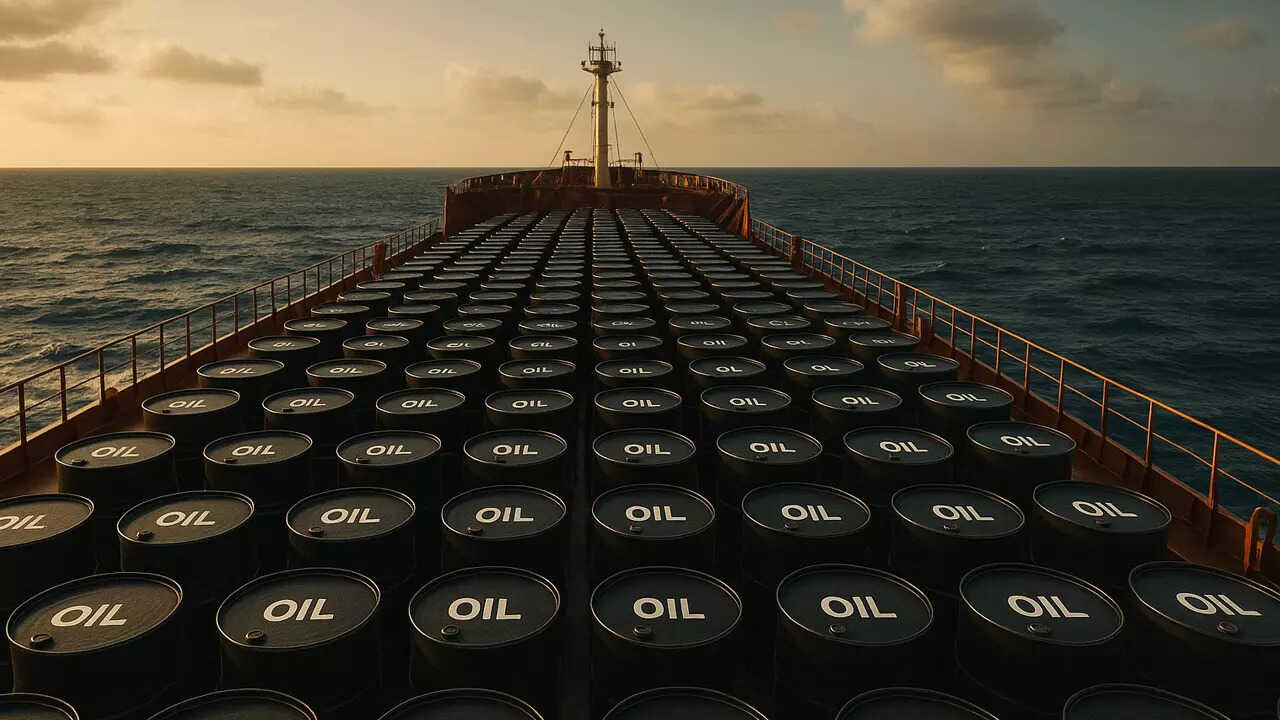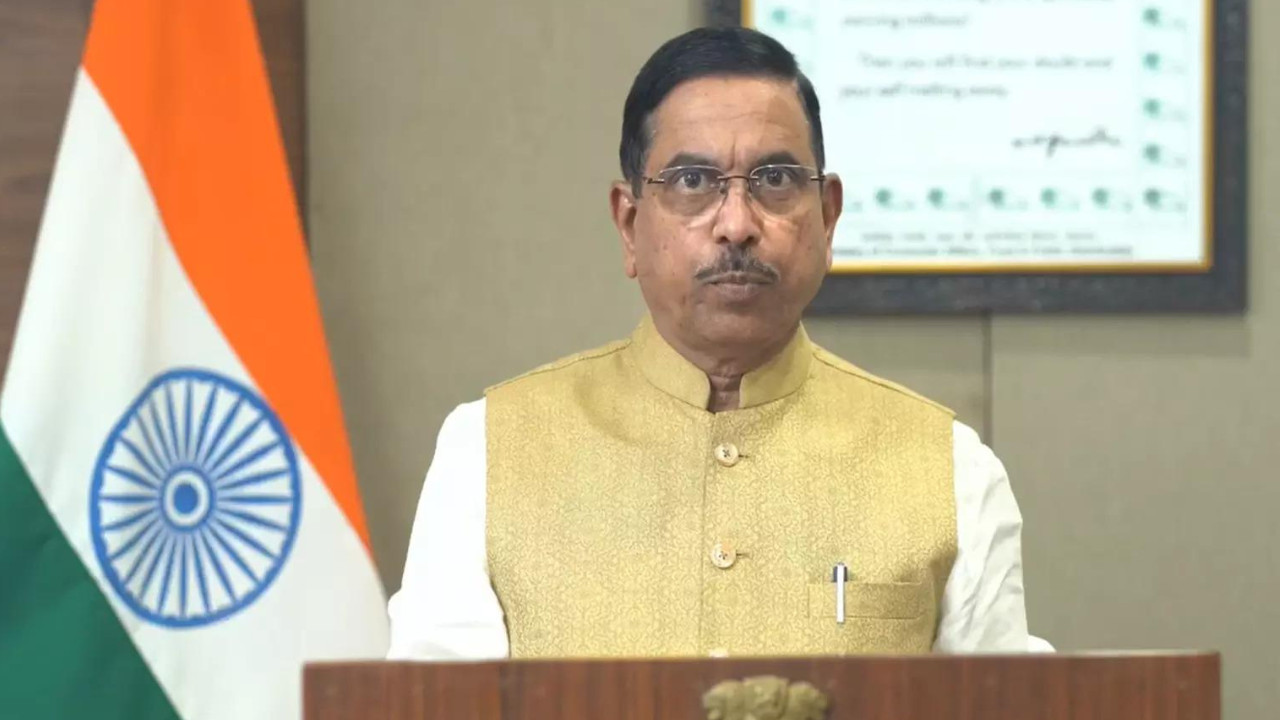Indian fertilizer companies are planning their first venture in Russia, a urea manufacturing facility set to be announced during President Putin’s December visit. This strategic move aims to leverage Russia’s abundant natural gas and ammonia reserves, ensuring a stable and affordable supply of a key agricultural input for India and mitigating reliance on volatile global markets.
Fortifying India’s Future: A Bold Move in Fertilizer Production
Global supply chains – they’re the arteries of modern commerce, pumping resources and finished goods across continents. But what happens when one of those arteries gets blocked? India is learning a critical lesson, and its response could reshape its agricultural landscape. The country is actively exploring establishing a fertilizer plant in Russia, a strategic maneuver designed to safeguard against future supply disruptions.
Recent export restrictions imposed by China have thrown a spotlight on India’s reliance on external fertilizer sources. While fertilizer security isn’t exactly a dinner table conversation, it quietly underpins the nation’s food security. When fertilizer supplies dwindle or become unpredictable, farmers struggle, crop yields suffer, and the entire food chain feels the ripple effects. This vulnerability has prompted a proactive search for alternative solutions, pushing India to consider a significant investment in overseas fertilizer production.
Why Russia? Strategic Partnerships and Resource Abundance
Why Russia, specifically? The answer lies in a combination of factors: Russia boasts abundant reserves of key raw materials essential for fertilizer production, particularly potash and phosphate. Building a plant there would give India direct access to these resources, mitigating the risks associated with fluctuating global prices and geopolitical instability. Furthermore, cultivating a stronger economic partnership with Russia aligns with India’s broader foreign policy objectives. The plant would not only serve India’s domestic needs but could also potentially cater to other markets in the region, transforming India into a significant fertilizer exporter.
This isn’t just about diversifying supply; it’s about taking control. Depending solely on imports leaves India vulnerable to the whims of international markets and the policies of other nations. By establishing its own production facility, India is essentially building a buffer against unforeseen circumstances, ensuring a more stable and predictable fertilizer supply for its farmers.

The Road Ahead: Challenges and Opportunities in Fertilizer Security
Of course, such an ambitious project isn’t without its challenges. Navigating the complexities of international investment, securing the necessary financing, and ensuring smooth operational logistics will require careful planning and execution. However, the potential rewards far outweigh the risks. A dedicated fertilizer plant in Russia could significantly enhance India’s food security, boost its agricultural sector, and strengthen its position on the global stage.
Moreover, this initiative could spur innovation and efficiency within India’s own fertilizer industry. The knowledge and expertise gained from operating an overseas plant could be transferred back home, leading to improvements in domestic production processes and fostering a more competitive market. It could also drive investment in research and development of alternative, more sustainable fertilizers, further reducing India’s dependence on traditional imports in the long run. Learn more about India’s agricultural innovation by visiting our page on [precision farming techniques](internal-link-to-precision-farming-article).
Beyond Fertilizers: A Lesson in Strategic Foresight
This move is about more than just fertilizer; it’s a testament to India’s growing strategic foresight. By proactively addressing potential vulnerabilities in its supply chains, the country is demonstrating its commitment to safeguarding its economic interests and ensuring the well-being of its citizens. This proactive approach serves as a valuable lesson for other nations grappling with similar challenges in an increasingly interconnected and unpredictable world. The initiative highlights the importance of diversification, strategic partnerships, and a willingness to invest in long-term solutions to ensure national resilience. The potential benefits extend beyond agriculture, reinforcing India’s position as a key player in the global economy.
In conclusion, India’s pursuit of a fertilizer plant in Russia represents a bold and necessary step towards securing its agricultural future. This move isn’t just about access to raw materials; it’s about control, resilience, and a commitment to ensuring a stable food supply for generations to come. It underscores the importance of strategic planning and proactive measures in navigating the complexities of global supply chains and securing national interests in an ever-changing world. The long-term benefits for India’s agricultural sector and overall economic stability are immense, marking a significant stride towards greater self-sufficiency and resilience.







